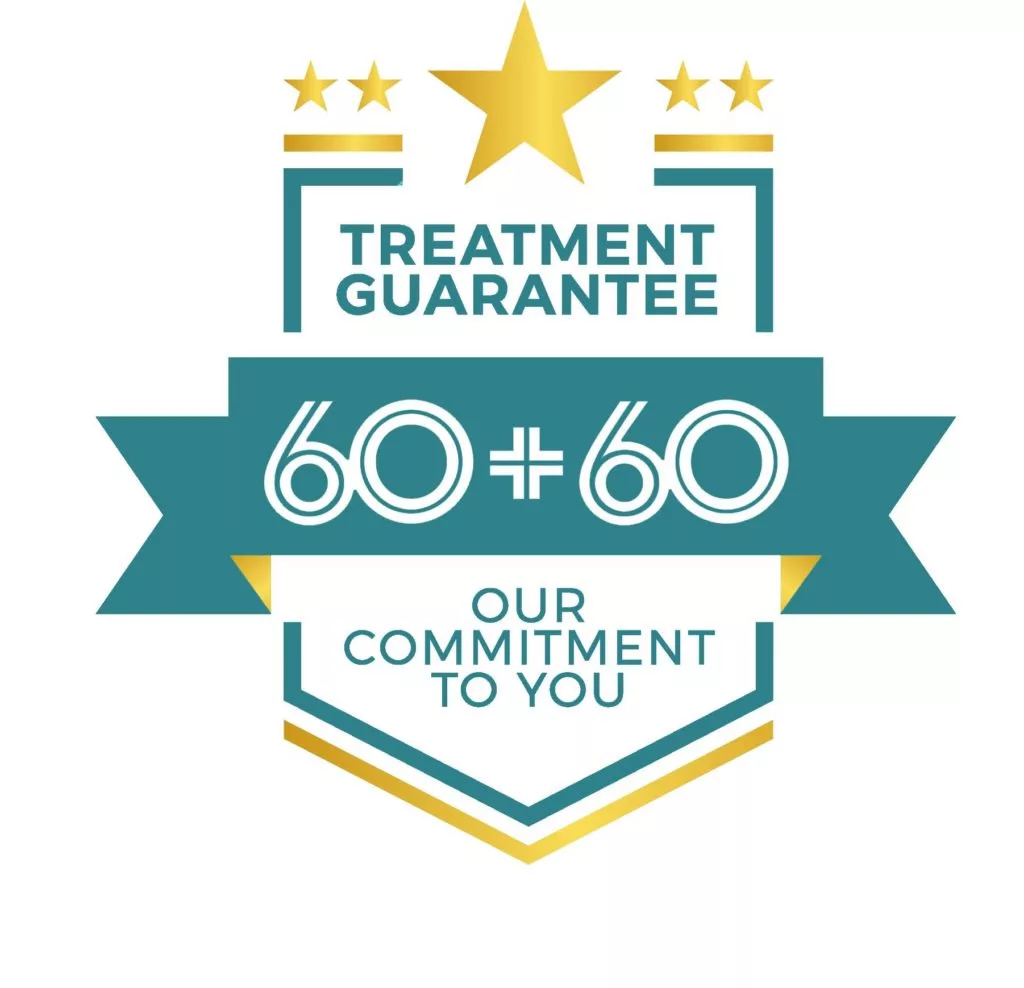Rehab Aftercare Services
An intensive rehabilitation program may last anywhere from 30 to 90 days, giving your mind and body a much-needed break from your addiction to drugs or alcohol. You receive treatment and therapy, learn about your “triggers” and how to identify them, discover new coping mechanisms … everything you can do to get ready to re-integrate into life.
But rehab isn’t a cure. The real test comes afterward, when you’re out in the world and all the strategies you learned in rehab are being put to the test.
At Discovery Point, we’re here to help you navigate this next phase of your recovery journey. We provide many aftercare support services and activities that can help you prevent relapse, stay clean and sober, and continue progressing toward your bright new future.
From the start of treatment through aftercare, our case managers work tirelessly to make sure all your needs are met and you have a solid plan for life after discharge.
Using the tools you learned in treatment
Spending time in residential rehab helps you create a solid foundation for your new sober life. While the initial weeks and months after rehab can be challenging, the strategies you learned during treatment can prevent your recovery journey from being derailed.
Learning how to stay sober after rehab is essential for preventing relapse. Recovery from an addiction is a process, and that process looks different for each person. But it doesn’t end when you complete your treatment program. Addiction is a chronic condition and while it cannot be cured, it can be effectively managed with abstinence. Using those rehab strategies to protect your sobriety can help you prevent relapse.
Our aftercare support service includes a wide range of options. You may choose to meet with a counselor or therapist for a year, two years, or even longer after you complete your residential rehab program. You might attend a program like Alcoholics Anonymous or Narcotics Anonymous or some other support group for people recovering from addiction.
Some support groups discuss topics related to living and recovering from addiction and others feature outings and activities like hiking or camping. You can also try alternative addiction therapies to support your recovery such as alternative yoga or equine therapy.
What Do Substance Abuse Interventions Look Like?
Some interventions are easy and straightforward. Others involve a great deal more resistance — and don’t succeed in any agreement to get treatment. Discovery Point Retreat can provide you with support and guidance, so your intervention is more likely to be successful.
It’s not unusual for people in active addiction to deny the severity of their substance abuse problem — and even claim they don’t have a problem in the first place. Simply tell them about the ways their behavior has caused problems, using a tone that’s loving and encouraging.
Options for comprehensive aftercare
If you need more structured, intense support after your rehab, Discovery Point also offers several levels of outpatient aftercare services. These provide you with greater level of comfort, structure and safety as you learn to navigate your new life of sobriety with the continued guidance of our addiction specialists. Our programs include:
- Partial hospitalization: The same care as inpatient treatment, but you are allowed to go home each evening.
- Intensive outpatient care: A more flexible option that lets you fit your care around your work or school schedule.
- Outpatient treatment: Weekly check-ins and group meetings at Discovery Point.



